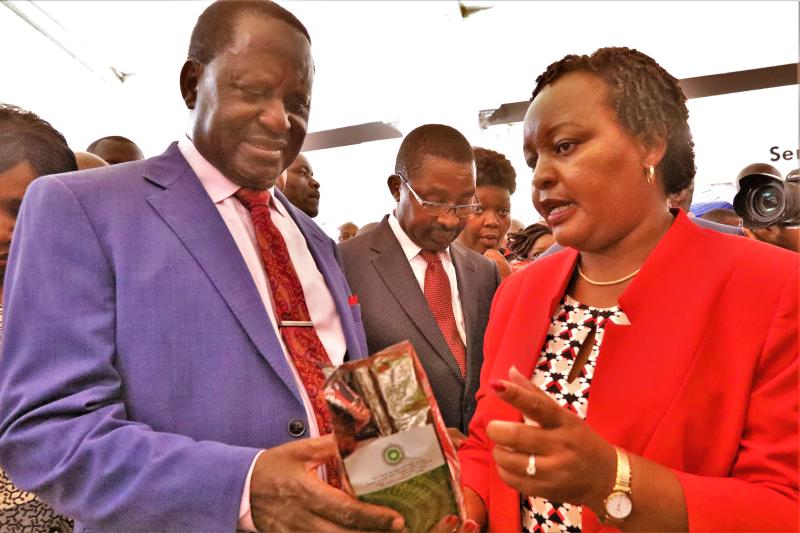×
The Standard e-Paper
Kenya’s Boldest Voice

Opposition Chief Raila Odinga yesterday told off leaders politicising the fight against corruption, stating that no Kenyan is above the law.
Speaking during the Sixth Annual Devolution Conference in Kirinyaga County yesterday, Mr Raila noted that while corruption was a global phenomenon, the manner in which countries tackle the vice was varied.